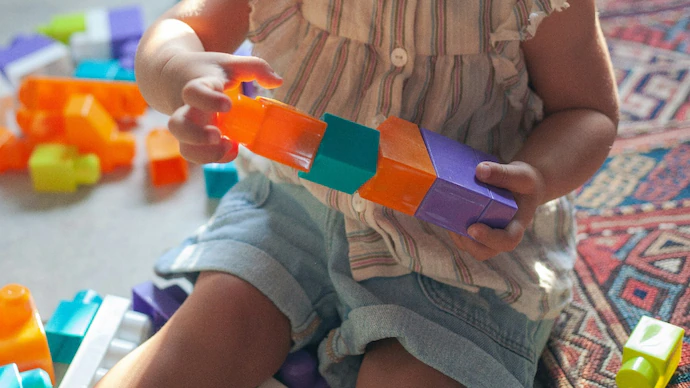The Impact of Early Childhood Education on Future Success

Source: India Today
Introduction
The first eight years of life are crucial for the development of essential cognitive and social-emotional skills that form the foundation for lifelong learning and success. Recognising this, parents often seek enriching educational experiences for their children to instill a passion for learning early on. This proactive approach not only benefits the children but also contributes to the well-being and prosperity of the community.
Overview
Early childhood education (ECE) includes a variety of programmes, services, and activities designed to support the overall development of children from birth to age eight. Ajay Gupta, founder and CEO of Bachpan Play School, highlights the key elements of ECE that promote child development:
- Fun Learning: play-based activities that encourage exploration, imaginative thinking, and hands-on learning.
- Curriculum: developmentally appropriate, culturally relevant courses aligned with early learning standards that guide children’s learning and development. Regular assessments help tailor education to each child’s needs.
- Qualified educators are skilled educators who understand early childhood development and cater to each child’s unique needs and interests.
- Community Engagement: Collaboration among educators, families, and communities to support children’s development, including parental involvement and partnerships with community organisations.
- These elements provide a solid foundation for ECE, significantly influencing children’s growth and learning.
Lesson for Parents and Teachers
- Parents and teachers play a critical role in a child’s early education. ECE programmes create a stimulating environment that fosters exploration, curiosity, and problem-solving skills. Children in these programmes develop strong intellectual capabilities, including language fluency, numeracy skills, and critical thinking. Additionally, these programmes enhance children’s social and emotional development, helping them engage with peers, develop problem-solving skills, and grow in empathy and self-awareness.
- Children who attend ECE programmes are better prepared for kindergarten, more likely to excel academically, and able to collaborate effectively on group projects.
Conclusion
The benefits of early childhood education extend beyond immediate academic achievements. High-quality ECE is associated with lower rates of criminal behaviour, reduced substance misuse, and improved health outcomes in adulthood. These long-term advantages underscore the importance of investing in early childhood education.
To read more, click link: https://childreninfobank.com/safebank/the-impact-of-early-childhood-education-on-future-success/
Source of image: India Today





